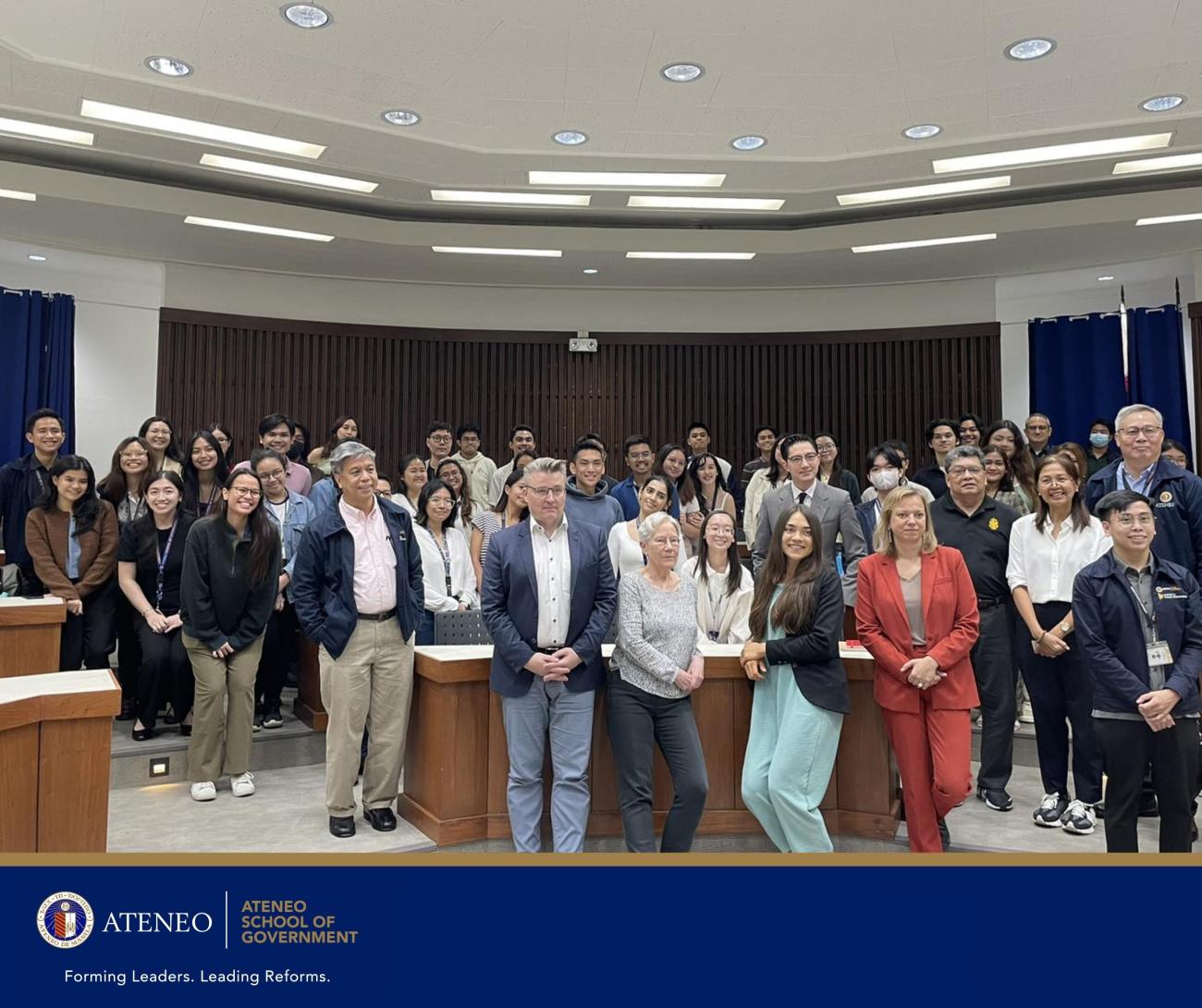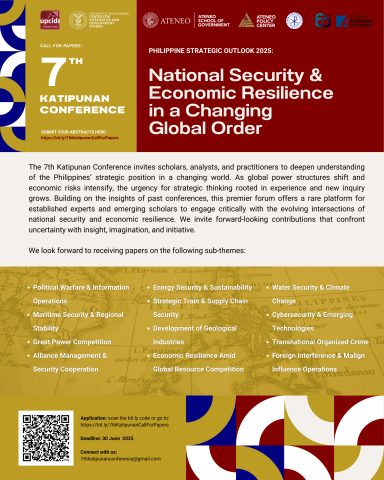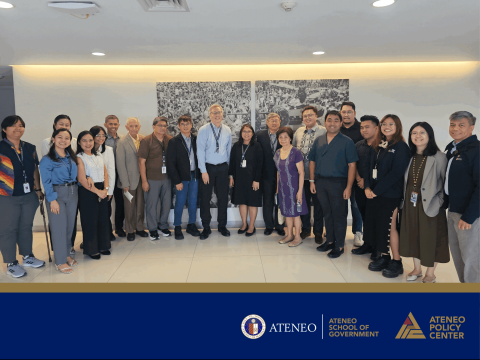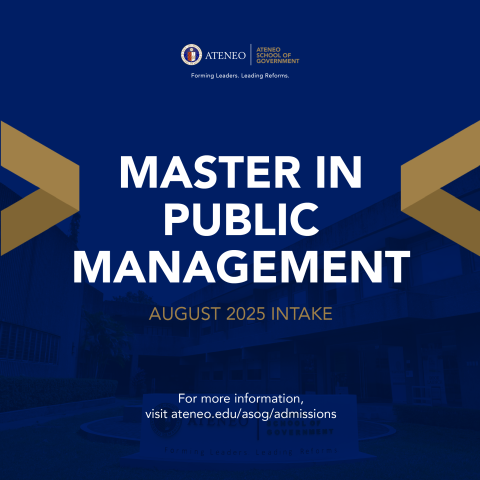Regional security in Asia: Implications for Europe and the Philippines
02 Oct 2024
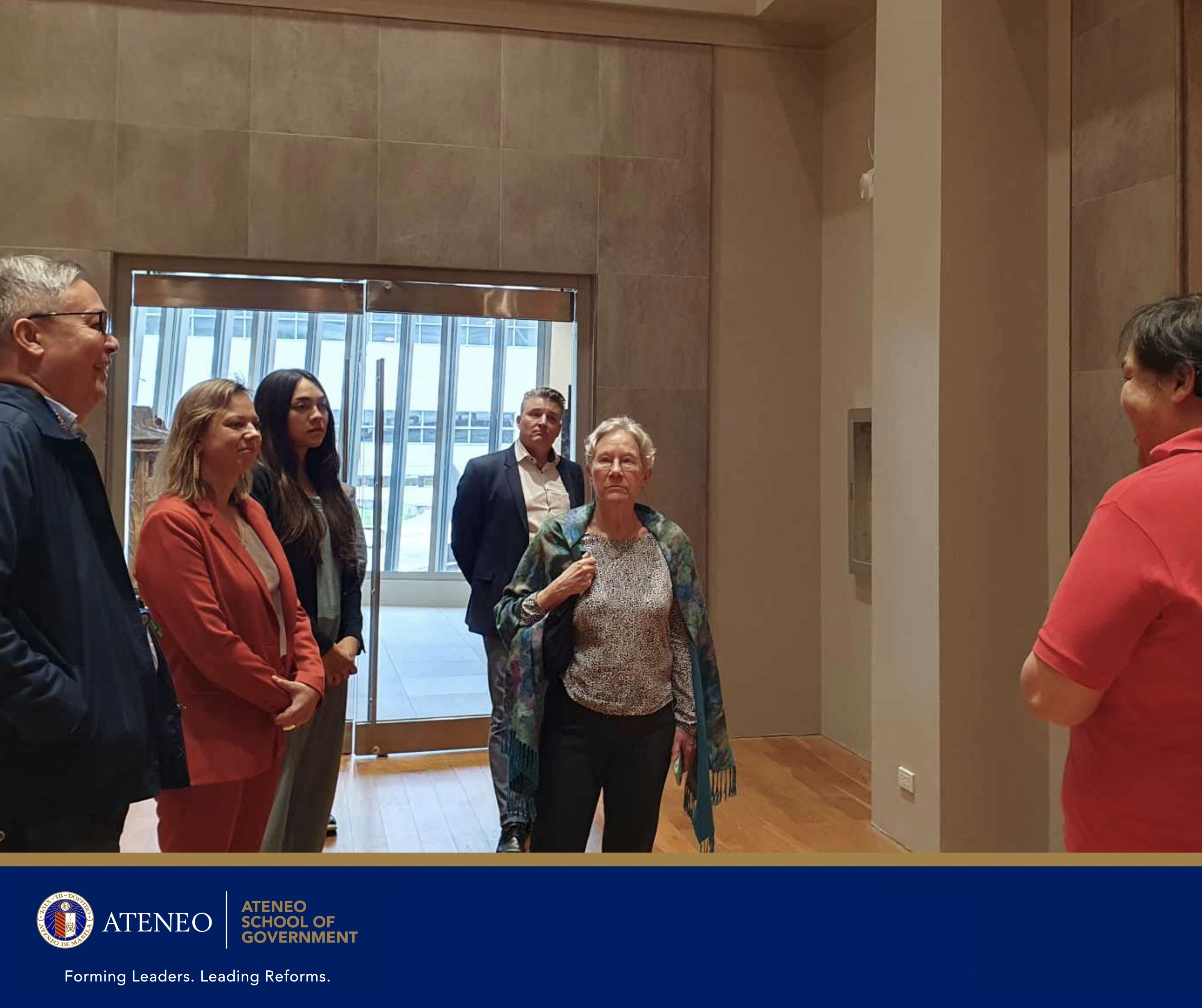
Last 18 September, 2024, the Foundation for National Interest (FNI) and Friedrich-Ebert-Stiftung Philippines (FES), in partnership with the Ateneo School of Government (ASOG), organized a public lecture titled "Regional Security in Asia and Implications for Europe," held at the San Alberto Hurtado Hall, Social Development Complex. This timely and relevant discussion brought together experts to explore the evolving geopolitical landscape in the Asia-Pacific region and its impact on European security and international relations.
The discussion was led by Ms Elisabeth Suh, Research Associate at the German Institute for Foreign and Security Affairs (Stiftung Wissenschaft und Politik - SWP), who presented an in-depth analysis with the title “Nuclear Proliferation, Risks, and Strategic Deterrence in the Asia-Pacific Region.” Her presentation addressed critical security concerns regarding nuclear developments in North Korea and China’s increasing military capabilities in the region.
Henning Glaser, Founding Director of the German-Southeast Asian Center of Excellence for Public Policy and Good Governance, led a discussion on “Engagement with Human Rights and Rule of Law in Asia-Pacific Security Dynamics,” exploring the delicate balance between regional security interests and human rights concerns in Asia.
Dr Phil Gudrun Wacker, Senior Fellow at SWP, concluded the presentations with her talk on “Germany’s Indo-Pacific Strategy: Priorities, Challenges, and Strategic Dilemmas,” highlighting Germany's strategic interests in the Indo-Pacific and the challenges She highlighted the issue that the Germany is facing with regards to balancing economic relations with China while promoting democratic values and security cooperation in the region.
Rear Admiral Rommel Ong (Ret), Professor of Praxis at the Ateneo School of Government, and Dr Maria Alma Salvador, Professor in the Political Science Department of Ateneo de Manila University, who served as panel reactors, provided insightful analyses of the geopolitical challenges faced by the Philippines, emphasizing China's increasing assertiveness in the West Philippine Sea and how these developments affect Philippine national security and regional stability.
The public lecture, attended by professors and students from various disciplines, including those from the European Studies Department of Ateneo de Manila University, hopes to advocate for continuing conversations and deepen knowledge and appreciation of the greater community in the critical role and strategic contributions of the Philippines in the global society.

